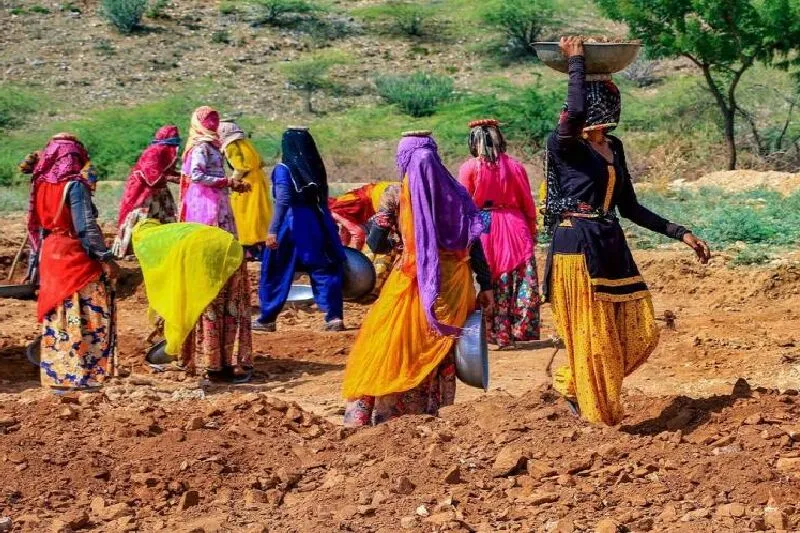MGNREGS struggles persist in Bihar despite efforts to improve
As one of India’s most ambitious social programs, MGNREGS aims to provide rural households with guaranteed wage employment. However, it faces implementation and accountability challenges. This article examines a recent MGNREGS worker strike in Bihar’s Vaishali district, exploring the issues raised and the efforts needed to address gaps.
In December 2023, around 800 people, mainly women, organized a strike through the Narega Sangarsh Morcha. It aimed to tackle systemic problems in the scheme like alleged fraud and corruption. Workers demanded accountability from officials diverting payments meant for laborers through corrupt channels. They emphasized the need for payment transparency and program integrity.
The strike shed light on challenges facing MGNREGS workers, including delayed wages, lack of work opportunities, and bureaucratic obstacles to job cards. Participants called for action against corrupt officials, fraud investigations, and resolving payment delays. They stressed ensuring adequate work and removing barriers hindering access to benefits.
Women make up a large portion of MGNREGS labor, facing unique challenges and vulnerabilities. While the scheme reserves one-third of workdays for women, testimonies reveal ongoing issues like delayed payments and lacking rights awareness. However, it provides women crucial economic independence and household financial stability, empowering them socially and economically.
The government introduced policies to boost women’s participation, such as appointing female mates and worksite childcare. However, implementation gaps remain hurdles. Issues with mate training, attendance tracking, and awareness underscore the need for stronger policy enforcement and oversight. Addressing these gaps is key to equitable program effectiveness, especially for rural women.
The Vaishali district strike highlights the urgent need to tackle challenges facing MGNREGS through reinforced accountability, gender disparity remedies, and improved policy interventions. Only by overcoming implementation barriers can MGNREGS truly empower rural communities and stimulate inclusive growth.



Comments
Post a Comment